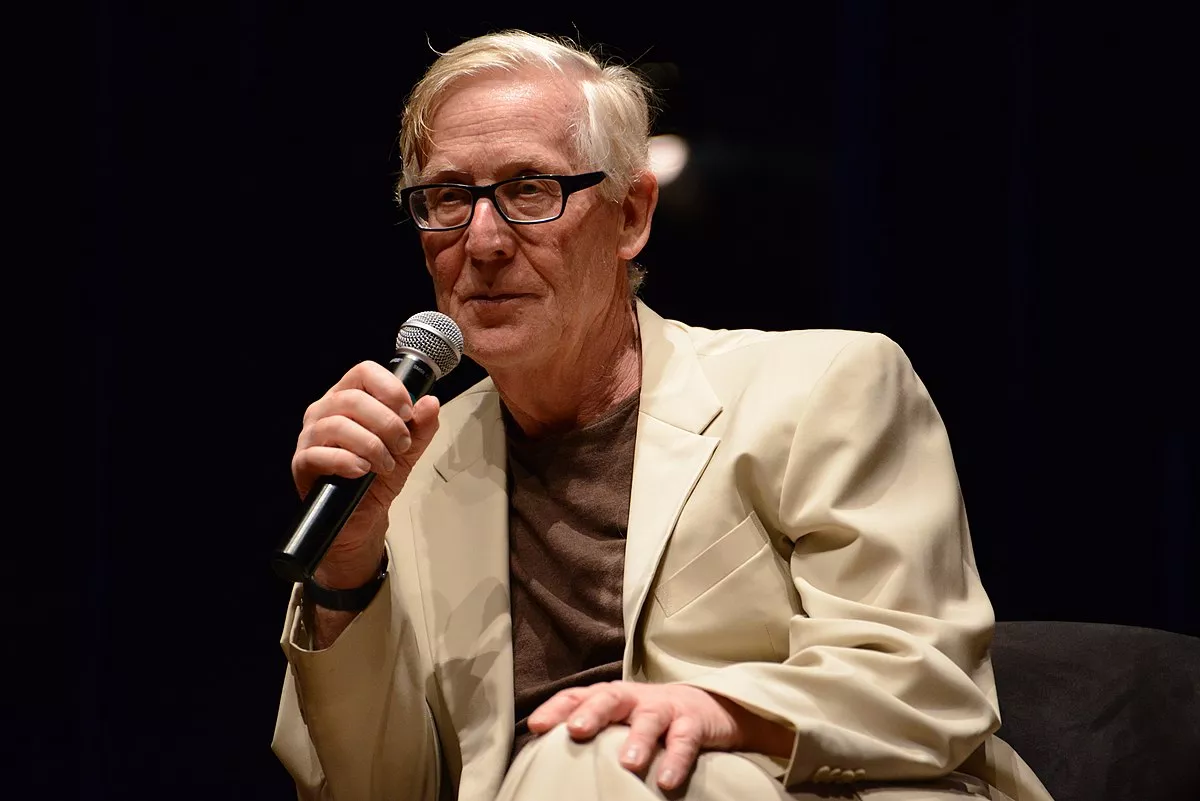 1.
1. Francis Rory Peregrine "Perry" Anderson was born on 11 September 1938 and is a British intellectual, political philosopher, historian and essayist.

 1.
1. Francis Rory Peregrine "Perry" Anderson was born on 11 September 1938 and is a British intellectual, political philosopher, historian and essayist.
Perry Anderson is perhaps best known as the moving force behind the New Left Review.
Perry Anderson is Professor of History and Sociology at the University of California, Los Angeles.
Perry Anderson is the brother of political scientist Benedict Anderson.
Perry Anderson's father, James Carew O'Gorman Anderson, known as Seamas, an official with the Chinese Maritime Customs, was born into an Anglo-Irish family, the younger son of Brigadier-General Sir Francis Anderson, of Ballydavid, County Waterford.
Perry Anderson was descended from the Anderson family of Ardbrake, Bothriphnie, Scotland, who had settled in Ireland in the early 18th century.
Perry Anderson's father had previously been married to the novelist Stella Benson, and it was after her death in 1933 that he married again.
Perry Anderson was educated at Eton and Worcester College, Oxford, where he took his first degree.
Early in his life, Perry Anderson made a brief foray into rock criticism, writing under the pseudonym Richard Merton.
In 1962 Perry Anderson became editor of the New Left Review, a position he held for twenty years.
Perry Anderson published two major volumes of analytical history in 1974: Passages from Antiquity to Feudalism focuses on the creation and endurance of feudal social formations, while Lineages of the Absolutist State examines monarchical absolutism.
Perry Anderson returned as editor at NLR in 2000 for three more years, and after his retirement continued to serve on the journal's editorial committee.
Perry Anderson delivered two responses to Thompson's polemics, first in an essay in New Left Review called "Socialism and Pseudo-Empiricism", and then in a more conciliatory yet ambitious overview, Arguments within English Marxism.